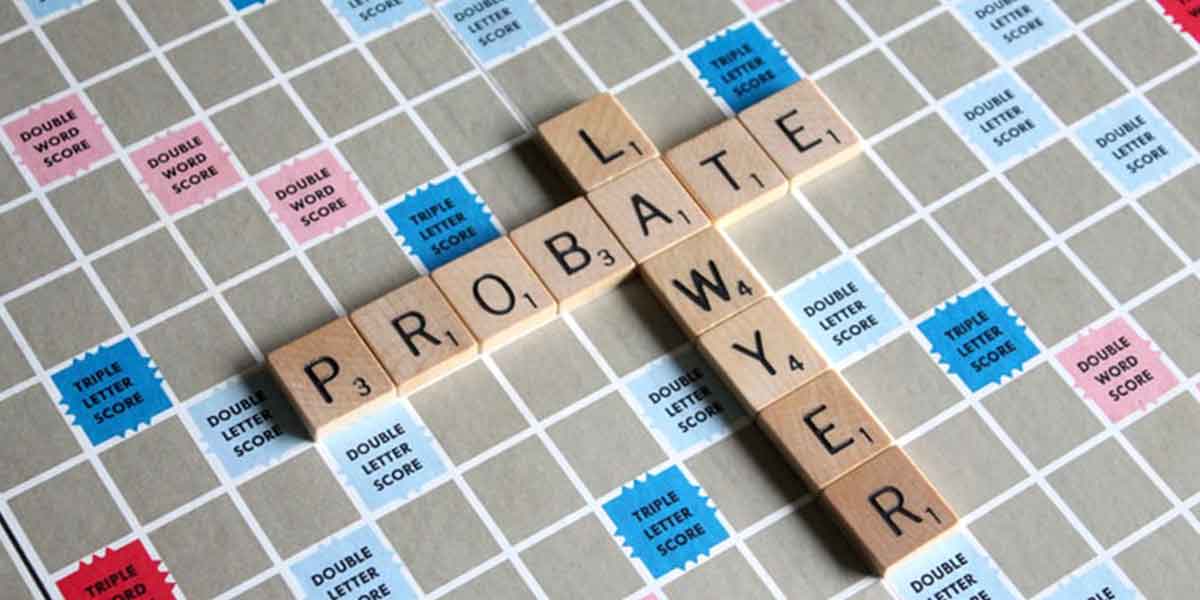Probate refers to the legal process overseen by the court to authenticate the will of a deceased individual. This process entails identifying the final assets of the decedent, settling their outstanding debts, and distributing their estate to the rightful beneficiaries or heirs. While probate laws vary between states, the fundamental procedure remains consistent, with attorneys playing a crucial role in the process.
The probate process can potentially delay the distribution of the deceased’s estate for over a year. However, effective estate planning can mitigate this delay and aid beneficiaries in avoiding complications. Financial advisors can provide valuable assistance in estate planning and wealth management, while revocable living trusts offer a viable option to safeguard properties from probate. Additionally, various trust types and steps can help streamline the probate process. To grasp the importance of probate, it is essential to understand the circumstances under which it is necessary.
Requirement for Probate
Probate is not always a prerequisite for property transfer, as some states exempt properties below a specified value from probate or offer simplified probate processes. When the estate’s value surpasses this threshold, initiating probate becomes imperative. In instances where a person passes away without a will, they are deemed intestate.
In such cases, intestate succession laws dictate the distribution of assets based on familial relationships. This typically includes parents, spouses, siblings, cousins, and grandparents. Certain accounts such as IRAs, 401K plans, pensions with designated heirs, and insurance plans do not necessitate probate, as the funds are directly transferred to the specified beneficiaries post the account holder’s demise.
Initiating and Validating a Will
State laws mandate that the executor named in the deceased’s will file the will with the probate court immediately after the individual’s passing. Additionally, the executor is responsible for petitioning the court and presenting the death certificate to commence probate proceedings.
Subsequently, the probate court judge evaluates the legal validity of the will. This often involves a court session where listed beneficiaries or heirs have the opportunity to review and contest or acknowledge their roles in the will. Contested wills are subject to the court’s discretion for further resolution.
Crucial Court Validation of the Will
The probate court’s role is pivotal in determining the validity of the deceased’s will. In most cases, self-authenticating affidavits, signed by the grantor and witnesses, facilitate the creation and finalization of wills. These documents hold substantial weight to initiate probate proceedings. Upon this validation, the estate executor receives and endorses letters of administration.
Signing the letters of administration signifies the executor’s legal commitment to oversee the probate process and handle the deceased’s estate matters. Some states mandate that executors post a bond or acquire insurance to safeguard beneficiaries in the event of costly errors made during probate unintentionally.
Identifying Estate Assets for Probate
The executor’s duty includes determining the decedent’s assets and their respective values. This meticulous task entails reviewing investment account statements, banking records, and tax documents of the deceased.
In certain states, the executor must submit a detailed document to the court outlining the decedent’s assets, valuation, and the methodology used for calculation. Adhering to these procedures diligently can facilitate a smooth probate process for the executor and involved parties.




